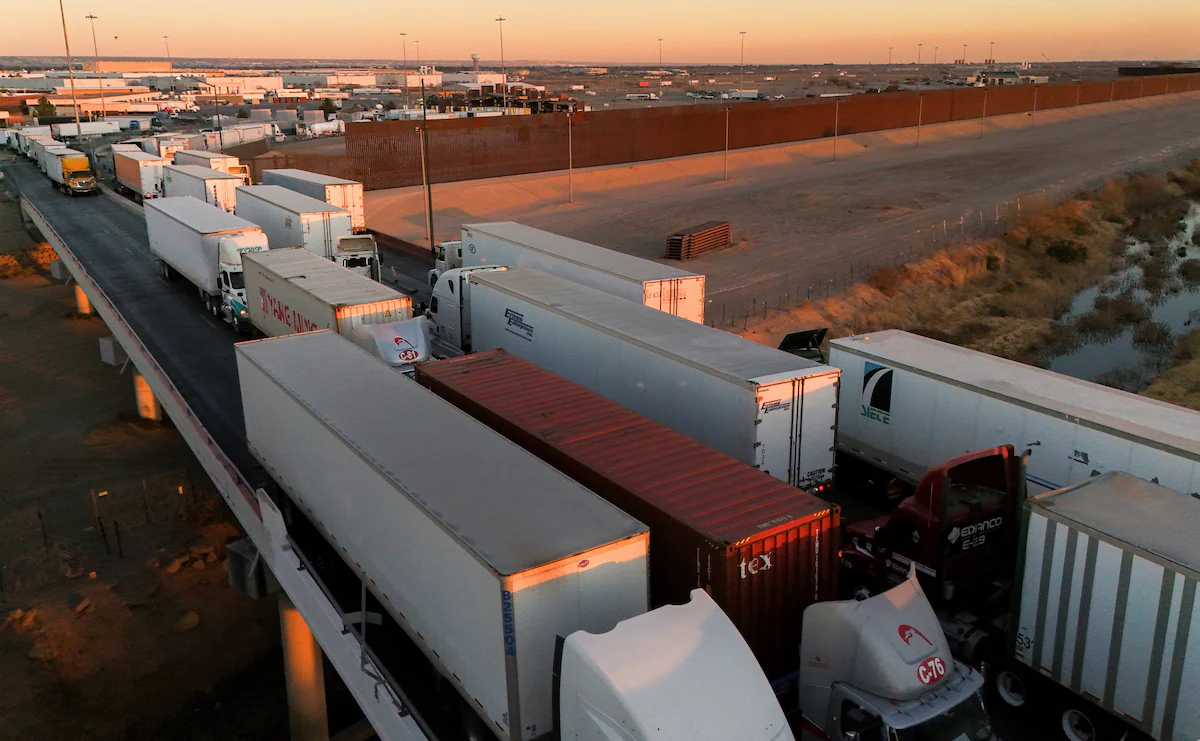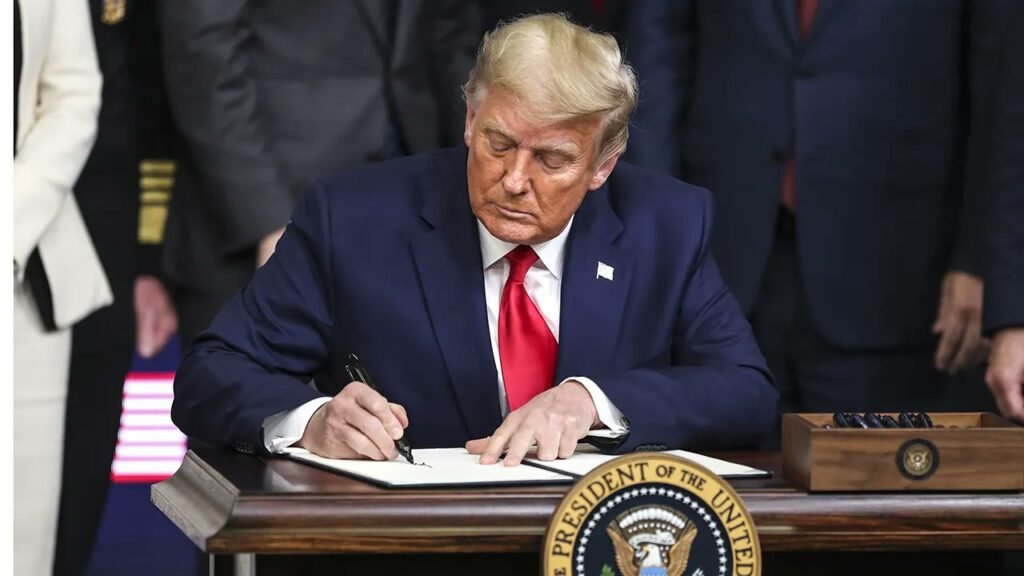Trump Readies Order For Steep Tariffs On Goods From Mexico, Canada, China

U.S. President Donald Trump is expected to sign an order on Saturday imposing hefty new tariffs of 25% on goods from Mexico and Canada and 10% on imports from China, potentially disrupting more than $2.1 trillion worth of annual trade.
Trump, working from his Mar-a-Lago estate in Florida this weekend, said on Friday that there was little that the top three U.S. trading partners could do to forestall the tariffs.
He set the Feb. 1 deadline to push them to take strong action to halt the flow of fentanyl and precursor chemicals into the U.S. from China via Mexico and Canada, as well as to stop illegal immigrants from crossing southern and northern U.S. borders.

But during a lengthy White House exchange with reporters, Trump brushed aside the notion that his tariff threats were merely bargaining tools.
“No, it’s not … we have big (trade) deficits with, as you know, with all three of them.”
He also said that revenue was a factor and the tariffs may be increased, adding: “But it’s a lot of money coming to the United States.”
Trump did, however, reference a potential carve out for oil from Canada, saying that tariff rate would be 10% versus the 25% planned for other Canadian imports. But he indicated wider tariffs on oil and natural gas would be coming in mid-February, remarks that sent oil prices higher.
Crude oil is the top U.S. import from Canada, reaching nearly $100 billion in 2023, according to U.S. Census Bureau data.
Trump acknowledged that the steep duties could result in higher costs being passed on to consumers and that his actions may cause disruptions in the short term, but said he was not concerned about their impact on financial markets.
Trump’s move is expected to draw retaliatory tariffs, potentially disrupting more than $2.1 trillion in annual two-way U.S. trade with its top three trading partners.
Canada has drawn up detailed targets for immediate tariff retaliation, including duties on Florida orange juice, a source familiar with the plan said.
China has been more circumspect about its retaliation plans, but has vowed to respond to defend its trade interests.
China “firmly opposes” Trump’s new duties, a spokesperson for Beijing’s embassy in Washington said, adding: “There is no winner in a trade war or tariff war, which serves the interests of neither side nor the world.”



